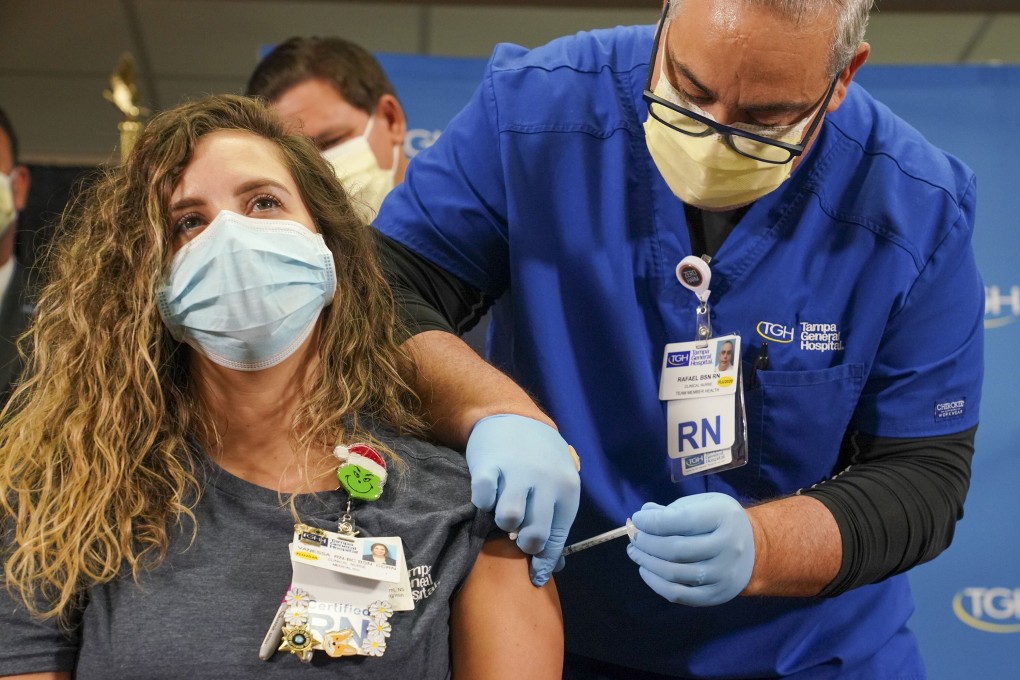Opinion | Coronavirus death toll and lingering effects show wisdom in science’s early warnings
- As Covid-19 continues its rampage around the world, it seems wise to abandon meddling with viruses, and perhaps too late to heed other scientists’ warnings that doing so poses extraordinary risks to the public

This wasn’t conjecture, but rather it was based on science including evolutionary biology. It states that highly lethal viruses immobilise too many people to spread well, while those that allow high mobility can become widespread and exact a huge toll, like the Spanish flu of 1918, which killed about 50 million people worldwide.
Feigl-Ding shot to fame with this tweet and was criticised by infectious disease experts who considered him unduly alarmist. Yet the coronavirus now known as Covid-19 has proved to be “pandemic level bad”, and it might be far from finished.
Science can provide some insights into what might happen with Covid-19, along with ways to limit its impact. As experience shows, though, much depends on how humans react.

03:06
Coronavirus: anti-lockdown protests erupt across Europe in UK, Germany and Spain
